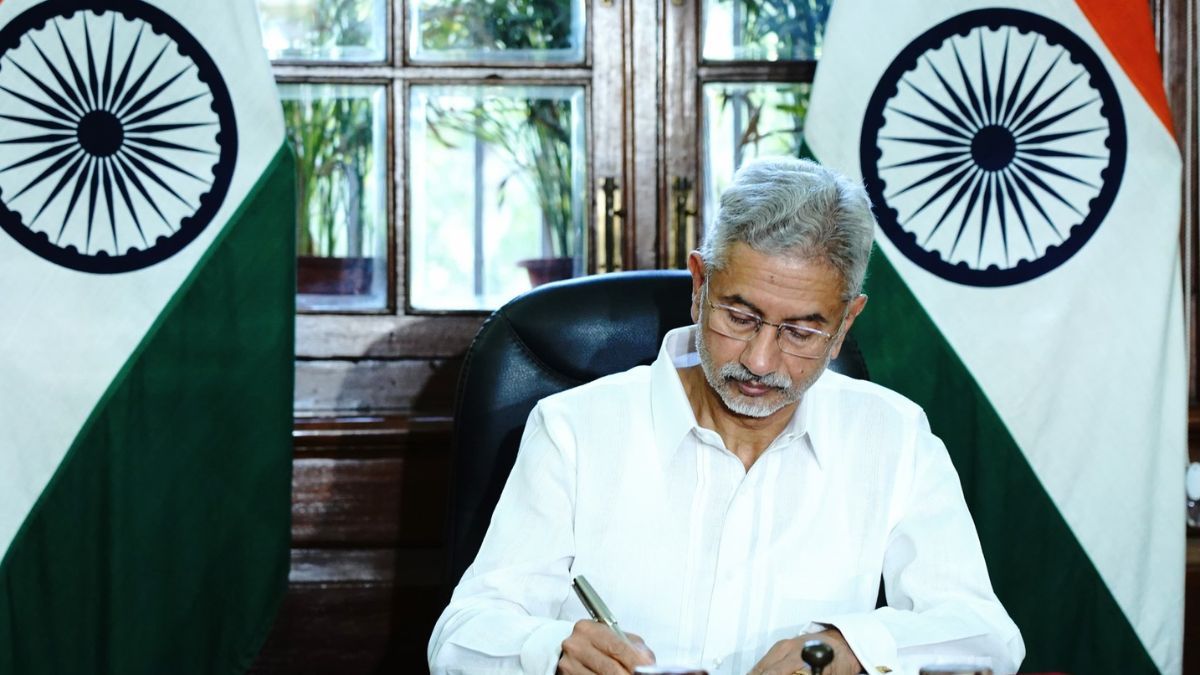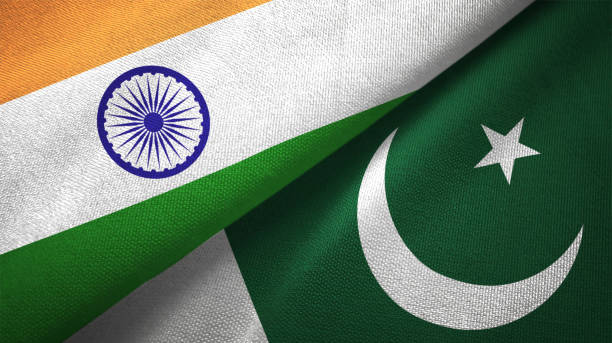“That is not a good neighbour’s policy,” he continued. His remarks follow posts on X by former prime minister Nawaz Sharif and Pakistani prime minister Shehbaz Sharif congratulating PM Narendra Modi on his reelection.
Shehbaz limited himself to a single, succinct statement, but Nawaz made a broad call for eschewing hatred in favour of hope and grabbing the chance to influence the fate of South Asia’s two billion inhabitants.Modi thanked Shehbaz with the same brevity and reminded Nawaz that Indians have always stood for peace, security, and progressive ideas.

Source: India TV News
The message exchange is important because after the terror attack in Pulwama and the counterattacks in Balakot in February 2019, relations between India and Pakistan have been severely frozen. As soon as India divided Jammu and Kashmir in August of that year and withdrew Article 370 of the Constitution, the situation deteriorated, and the hopes that had been created by the inauguration of the Kartarpur passage were quickly dashed. Nonetheless, there have recently been some encouraging indicators.
In an apparent reference to the 25-year-old Kargil War, Nawaz acknowledged last month that Pakistan had broken the 1999 Lahore Declaration. It’s interesting to note that certain BJP candidates for Lok Sabha pledged to resume trade between India and Pakistan through the Attari-Wagah crossing during their campaign.
Source: The Economic Times
India has been saying that terrorism and dialogue are incompatible during covert diplomatic endeavours. However, as the attack on Reasi last week has demonstrated, turning off the terror tap overnight is a difficult assignment for Pakistan’s political leadership, which is dominated by the military. If only tentatively at first, both Islamabad and New Delhi must move forward. This will facilitate communication between the two neighbours and assist to close the trust gap.
What do you think about this? Comment below.

